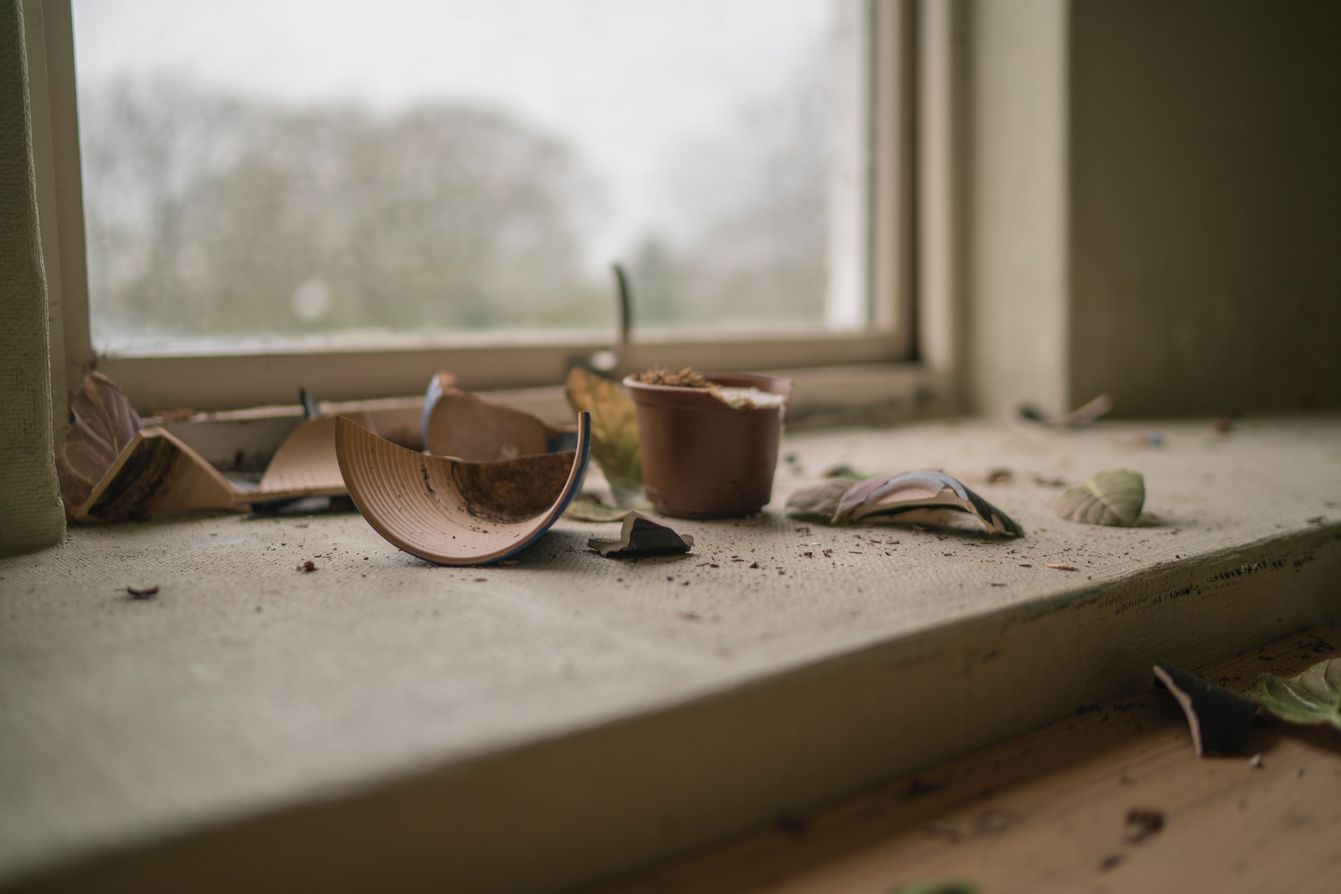Mothers in domestic violence situations are often perceived as being unable to adequately protect their children. This study upends all of that.
In Australia, one in six (or 1.6 million women) have experienced physical or sexual violence and more than a quarter of the women said that children in their care had witnessed this violence and abuse.
During instances of domestic violence, the common perception is that abused women are unable to adequately protect their children. However, research by the University of South Australia (UniSA) has revealed the ways that women think and act to shield their children from abuse, often at the expense of their own personal safety.
Read: “My one parenting regret”
“Far too often, women are perceived as passive victims of domestic abuse, who while enduring unconscionable abuse, are unable to protect their own children,” lead researcher and experienced social worker, UniSA’s Dr Fiona Buchanan says.
“But what many . . . don’t realise is that these women are protecting their children in many unseen ways, that hope to reduce the likelihood of an abusive partner lashing out.
“The mothers in our research talked about the things they did to avoid conflict with their partners, things like controlling the home environment—making sure dinner was ready and on the table; ensuring the children were clean and quiet; and by making sure the house was neat and tidy.
“By trying to pre-empt abuse, they sought to limit their partner’s aggressive outbursts, effectively managing his mood and behaviour to safeguard their children’s wellbeing.”
The study also showed that mothers intentionally tried to “keep the peace” by purposely avoiding conflict with aggressive partners.
Read: “I’m doing everything to have my daughter back in my care.”
“Protective behaviours could span anything from keeping the children out of harm’s way when they thought an assault was likely to occur, to putting themselves physically close to their abuser to try and placate him,” Dr Fiona says.
In this instance, despite wanting to put distance between them and their violent partner, they placed themselves closer to the danger, arguably increasing risk to themselves in order to reduce the risk to the children.
Dr Fiona’s research, conducted with UniSA’s professor of social work, Professor Nicole Moulding, involved interviews and focus groups with 16 women who had mothered children in domestic abuse. Each of the women had left their abusive partner at least one year prior to participating in the study.
“There is no evidence to assume that abused women are worse mothers,” Dr Fiona says. “Instead of identifying deficits and assigning blame, [we] should seek to understand the invisible behaviours that women engage in behind closed doors to protect their children from abuse.”
Quick stats: Domestic abuse in Australia
- On average one woman a week is murdered by her current or former partner
- One in four women have experienced emotional abuse by a current or former partner since the age of 15
- 80 per cent of women in domestic abuse situations experience coercive control
- One in five women have experienced sexual violence since the age of 15
- 85 per cent of Australian women have been sexually harassed
- Almost 40 per cent of women continue to experience violence from a partner while temporarily separated
- One in six women have experienced stalking since the age of 15
- Domestic and family violence is the leading cause of homelessness for women and their children
- Indigenous women are 32 times more likely to be hospitalised due to family violence than non-indigenous women
- Violence against women and children is estimated to cost the Australian economy $22 billion a year
Read next: Domestic violence: What to do and how to help
If you have experienced sexual assault, domestic or family violence, contact 1800RESPECT (Australia) | It’s Not OK (New Zealand)
How helpful was this article?
Click on a star to rate it!
0 / 5. 0
Be the first to rate this post!
Melody Tan
Related posts
Subscribe
Receive personalised articles from experts and wellness inspiration weekly!

